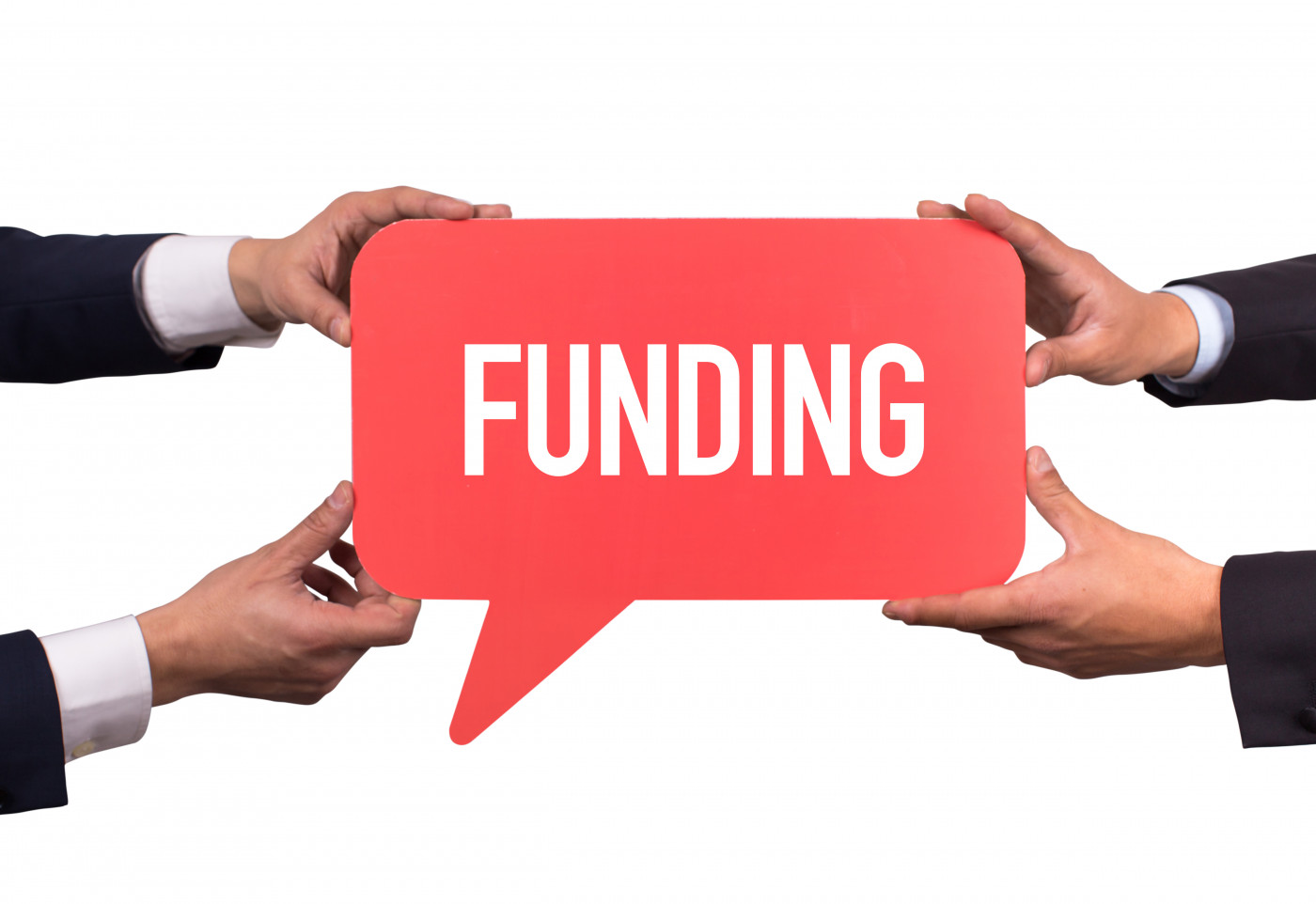MyoAmplifier Device Gets Funding to Develop System to Treat Pediatric Paralysis

PathMaker Neurosystems‘ MyoAmplifier device, which provides electrical and magnetic stimulation to improve muscle function and mobility in people with paralysis and muscle weakness, has received a funding award from the New England Pediatric Device Consortium (NEPDC).
The award from the nonprofit foundation will support the development of the non-invasive MyoAmplifier system to treat pediatric paralysis and muscle weakness.
MyoAmplifier uses magnetic and electrical stimulation of cortical, spinal, and peripheral sites to amplify signals reaching muscles, triggering stronger muscle responses. The device is based on the company’s TripleStim technology, which has been tested in animal models and has undergone early feasibility studies in humans.
MyoAmplifier is an investigational device and can only be used for investigational purposes at this point.
Disabilities caused by conditions such as cerebral palsy, stroke, multiple sclerosis, and spinal cord injury have a profound effect in limiting muscle function, motor control, and mobility of patients. Such disabilities affect the quality of life of many individuals worldwide.
Cerebral palsy, in particular, is estimated to affect 17 million people worldwide, including 500,000 children under age 18 in the U.S. Around 25 to 30 percent of patients with cerebral palsy are unable to walk as a result of the condition.
Disabilities resulting from neurological disorders affect more than 48 million people in the U.S., Europe, and China. Efforts are currently focused on improving motor function and restoring mobility for these people. One such approach is to stimulate signals that serve the affected muscles, like the MyoAmplifier does.
“We are honored to receive this award from NEPDC that will support application of MyoAmplifier to children with cerebral palsy,” Nader Yaghoubi, MD, PhD, president and chief executive officer of PathMaker Neurosystems, said in a press release. “We are committed to bringing our first-in-class, non-invasive technology to children in desperate need of treatment options.”
The NEPDC is a non-profit foundation supported by the FDA’s Office of Orphan Products Development. Its aim is to speed the process of getting a product for pediatric clinical care from the research stage into the clinic, by connecting researchers with clinicians and business development specialists.


